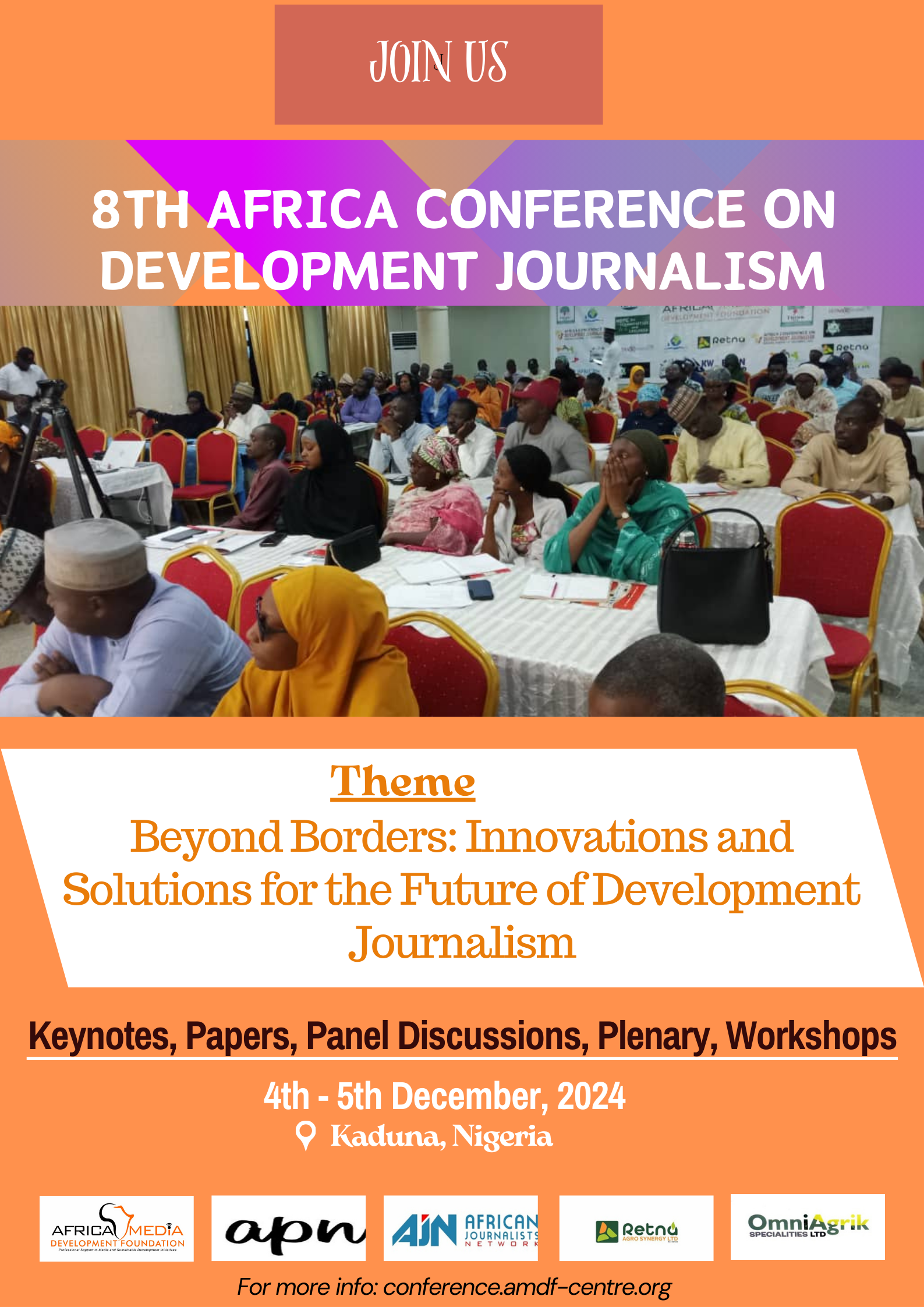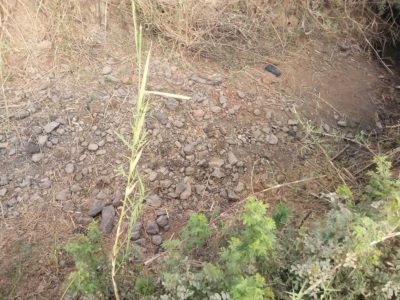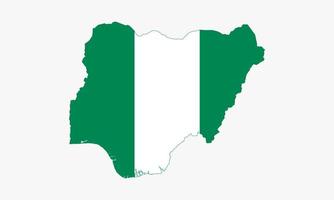The recent attack on a Nigerian railway is the latest chapter in the country’s worsening security crisis and tottering democracy.
On Monday March 28, some gunmen launched a deadly attack on a Nigerian Railway Corporation (NRC) Abuja-Kaduna evening train carrying an estimated 398 passengers. After detonating explosives on the track (and possibly inside the train, according to conflicting reports in the local media), the gunmen surrounded the immobilised train and started discharging their firearms into the carriages. It took at least an hour before a detachment of the Nigerian military came to the rescue of the passengers, who had cowered under their seats as the bandits fired incessantly.
The incident left at least eight people dead — among them a young medical doctor, Chinelo Megafu, and Musa Lawal-Ozigi, secretary-general of the country’s Trade Union Congress — and at least another forty-one hospitalised, while the yet unidentified assailants also captured some of the passengers.
The toll on the Muhammadu Buhari administration and Nigeria’s tottering democracy is likely to be greater.
The sheer brazenness of the attack throws into relief the administration’s so far unsuccessful struggle to impose some kind of public order, even as the country continues to spiral into general lawlessness. Inaugurated in July 2016, the Abuja-Kaduna evening train is a perfect metaphor for this struggle, as a growing number of travelers have embraced the service as travel on the highway between Abuja and Kaduna (a distance of 130 miles) became increasingly unsafe due to the activities of kidnappers and sundry gangsters.
Abuja is the seat of the Nigerian Federal Government, while Kaduna houses the Nigerian Defence Academy (NDA).
In recent times, the northwestern state of Kaduna itself has been literally under siege. On March 26, gunmen attacked the Kaduna International Airport, killing an official of the Nigerian Airspace Management Agency (NAMA), after allegedly storming the runway. In March last year, bandits abducted eleven people after a surprise attack on the staff quarters of the Federal Airport Authority of Nigeria (FAAN) in Kaduna. In August, two military officers were killed and at least one kidnapped after bandits attacked the permanent site of the Nigerian Defence Academy (NDA). Over the past several months, attacks on various villages across the State have resulted in the death of dozens. Over the years, authorities in Kaduna and a local Shiite Muslim sect have been at loggerheads, with tensions boiling over in December 2015 after a military crackdown led to the death of 347 Shiites.
The situation in Kaduna is far from unique, the security situation across the country having rapidly deteriorated, even as government at various levels continue to scramble for a solution. According to the New York-based Global Center for the Responsibility to Protect, attacks by bandits across the Nigerian northwest have claimed at least 5,000 lives since 2018. Since 2009, nearly 350,000 people have been killed in the northeastern part of the country due largely to the activities of Boko Haram Islamist insurgents. The number of displaced people in the Lake Chad Basin is estimated at three million.
Violence in Nigeria is multidimensional and pervasive, ranging from perennial herder-farmer clashes to gang violence, armed robbery, attacks on state infrastructure, especially police stations, airports and power transformers, intercommunal violence, lynching, ritual killings, mob justice, and casual intimidation of ordinary citizens by law enforcement.
More than six million small arms are believed to be in the hands of civilian non-state actors in the country.
Nigerian police use lethal force on the slightest pretext. Ranked the worst in the world by the 2016 World Internal Police and Security Index, the Nigeria Police Force kills an average of 841 citizens every year. Nigeria (estimated population, 200 million) ranks eighth in the top ten of countries with the highest numbers of police killings.
Most murders in Nigeria — official or otherwise — go unsolved. The recent spike in vigilante justice, which has seen a ramp up in incidents in which citizens have taken the law into their own hands, owes in large part to distrust of the police and frustration with the justice system. In 2019, the New York-based Committee to Protect Journalists (CPJ) ranked Nigeria among the thirteen worst countries in unsolved murders of journalists.
Nor has increased spending on security produced a commensurate decrease in insecurity. Between 2015 and 2020, Nigeria budgeted an average of about $4.2 billion on security, with the total budget for security rising to 2.5 per cent of the GDP in 2020. In 2019, Nigeria had the third largest military budget in Africa, behind only South Africa and Algeria.
While, on paper, security expenditure goes toward the training of soldiers, operations, and purchases of vital military equipment, the reality is much different. Corruption is a major problem, with much of the funds budgeted for security regularly diverted. In 2017, at least $2 billion out of monies set aside for the Boko Haram campaign were diverted to other uses, including the financing of political activities. In 2016, Vice President Yemi Osinbajo disclosed that about $15 billion were stolen from the fight against Islamists under the previous Goodluck Jonathan administration. At the state and local government (LG) levels, governors and local government chairpersons regularly mismanage “security votes,” a monthly federal allocation towards security-related expenses within the states. An estimated $900 million is lost to their mismanagement annually.
Corruption in the security sector has been cited as a factor in some of the recent military takeovers in the region.
In the wake of Monday’s attack, President Buhari held an emergency meeting with service chiefs and heads of security agencies and promised to bring the bandits to justice. The Chief of Army Staff, Lieutenant General Faruk Yahaya and Minister of Transportation Rotimi Amaechi both visited the site of the attack and echoed the president’s assurance. The latter promised, improbably, that all passenger trains will now be escorted by Nigerian Air Force jets. In truth, most Nigerians feel like Kaduna State Governor Nasir El-Rufai, who confessed to being “angry, frustrated, and feeling totally helpless.”
While horse-trading among the political class for next year’s all-important elections hums along in the background, it increasingly feels like a sideshow — an expensive one, to be sure — to the anarchy that daily life in the country has become. If, as some have plausibly contended, the Nigerian state failed a long time ago, what we seem to be witnessing is the unfolding reel of its agonising decomposition and dismemberment.
It has been long in coming, but what used to be a geographically coherent unit is now effectively a collection of parts barely managing to keep in touch with one another. Nigeria, in theory, has become incommensurate with Nigeria, in reality.
The first task before the next president (there will be an election, the question is what kind) is to put Nigeria back in sync.
But first, the incumbent must restore law and order.
Ebenezer Obadare is Douglas Dillon Senior Fellow for Africa Studies at the Council on Foreign Relations (CFR).
This article was originally published by the Council on Foreign Relations as part of the Diamonstein-Spielvogel Project on the Future of Democracy.






